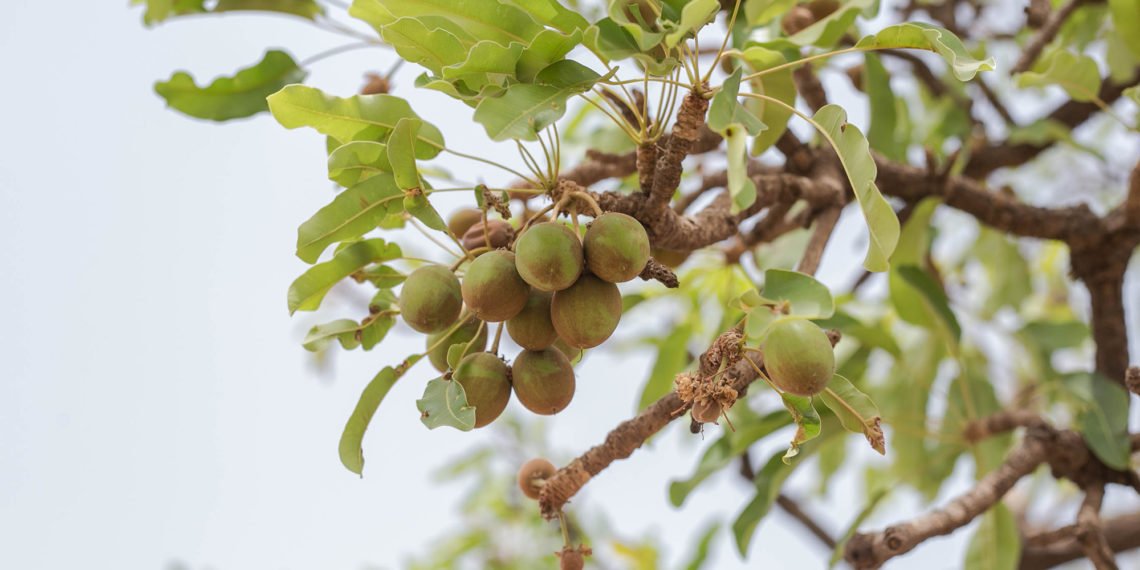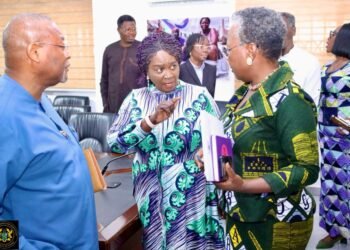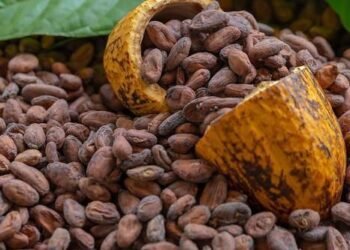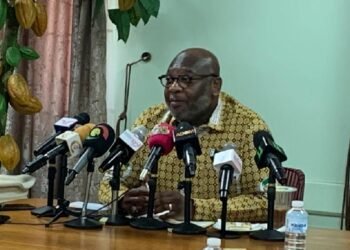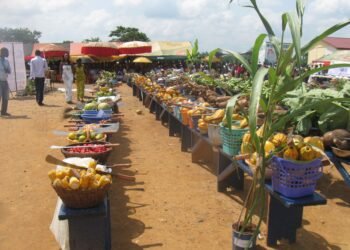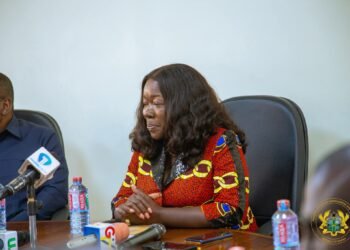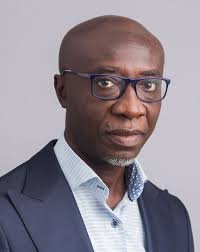A non-profit organization, Global Shea Alliance (GSA) has launched an initiative of growing new 10 million Shea trees and preventing existing ones from being cut down for charcoal and fuelwood in order to boost the Shea Industry. GSA is aimed at preserving Shea parklands plantation by practicing afforestation to help sustain the Shea industry, which is considered as a source of livelihoods for many in Northern Ghana, especially women and the youth. It promotes industry sustainability, quality practices and standards, and demand for shea in food and cosmetics.
Speaking at the shea stakeholders’ forum held in Tamale, the managing director for GSA, Mr. Aaron Adu who launched the initiative, said that $9million funding has been secured from the Green Climate Fund in partnership with the United Nations Development Programme (UNDP) and the Forestry Commission which would be used for the implementation of the initiative next year. He said the funding which is in the form of a grant can be accessed by members of the GSA including the various women cooperatives in the Shea value chain to help achieve the objectives of the initiative of growing new 10 million Shea trees and protecting existing ones.
According to Mr. Aaron Adu, the initiative is not only aimed at restoring degraded shea parklands but also to help preserve the ecosystem of communities to enable them to become resilient to the effect of climate change. He intimated that the rate at which Shea trees are being cut down for charcoal and firewood calls for the need for an urgent action from all stakeholders to replace the lost trees and protect existing ones to sustain the Shea industry. He emphasized that shea supply has grown over the last 20 years and by the year 2044, the demand for shea cannot be met hence the need to take urgent steps to protect and sustain the industry for posterity.

A senior research scientist of the Cocoa Research Institute of Ghana (CRIG) sub-station at Bole, Dr Julius Yeboah said through intensive research, the gestation period for Shea trees fruiting has been reduced from 15 years to three to four years. He explained that people were not interested in planting Shea trees because it takes between 12 to 15 years before fruiting but through the work of the CRIG sub-station at Bole this has been reduced to three to four years and therefore we are encouraging farmers to come for the grafted shea tree seedlings for planting.
“The original gestation period for Shea trees to fruit is 15 years and beyond but through our intensive research at the CRIG sub-station in Bole we have been able to reduce it to three years so we urged the people in the communities to come for the Shea tree seedlings and plant”, Dr Yeboah said.
“We have used grafting to reduce the gestation period of Shea trees to about four years. We also have what we call rooted cuttings which is also four years approaches”, he stated whilst explaining the approached used.
Dr. Julius Yeboah said that the CRIG sub-station in Bole has been supported by the Ghana Cocoa Board (COCOBOD) under the government’s flagship programme ‘Planting for Export and Rural Development’ (PERD) to set up nurseries for shea seedlings across the five northern regions for supply to farmers and various women’s groups. He indicated that CRIG has started training people in Shea parklands development, adding that the CRIG sub-station in Bole has 150 acres of Shea parklands in three communities in the Savannah region; 50 acres in Damongo, 50 acres in Bole and another 50 acres in Sawla which was funded by the Food and Agriculture Organisation (FAO).
Mr Adam Eliasu, the District Chief Executive (DCE) for North Gonja in the Savannah Region, who delivered the keynote address at the forum appealed to traditional authorities to support the assemblies in the fight against the cutting down of Shea trees for charcoal and fuel wood. He said until traditional authorities and the people were made to understand the economic value and potentials of the Shea tree the cutting down of the trees for charcoal and firewood would continue.
“We in Northern Ghana must begin to see the economic importance of the Shea trees and begin to protect them and also find means of replacing those lost trees for the benefit of the present generation and those who are yet to come”, he stated.

